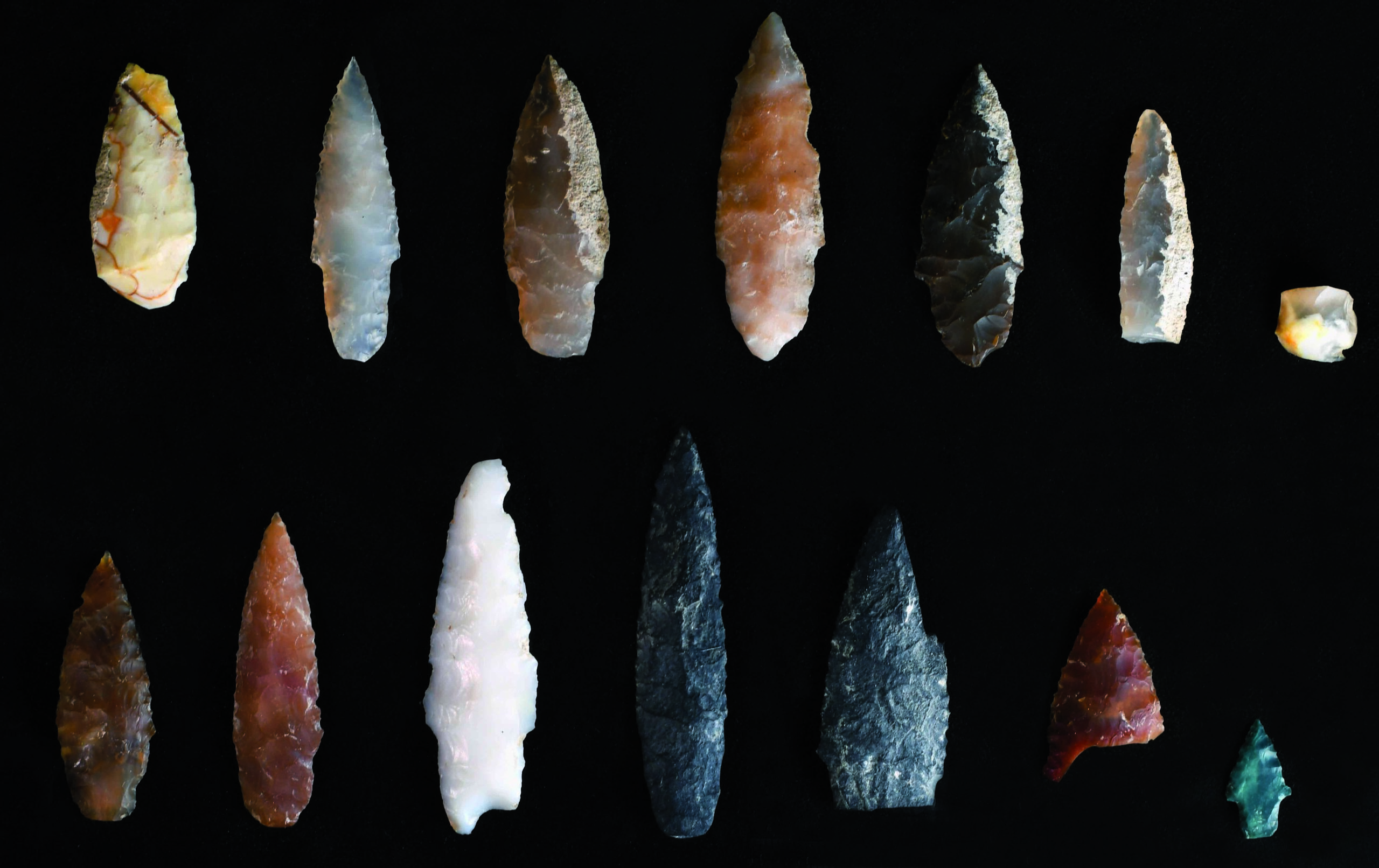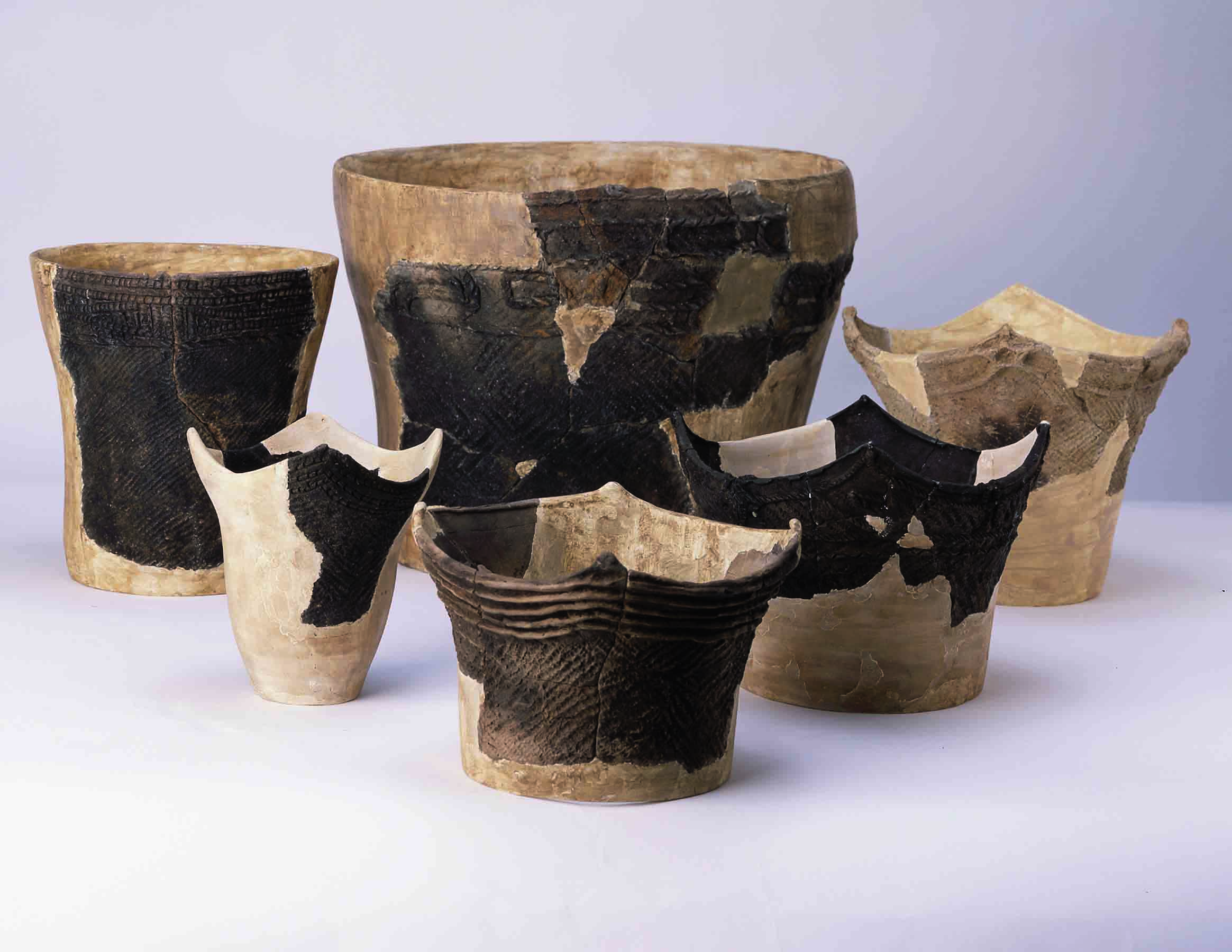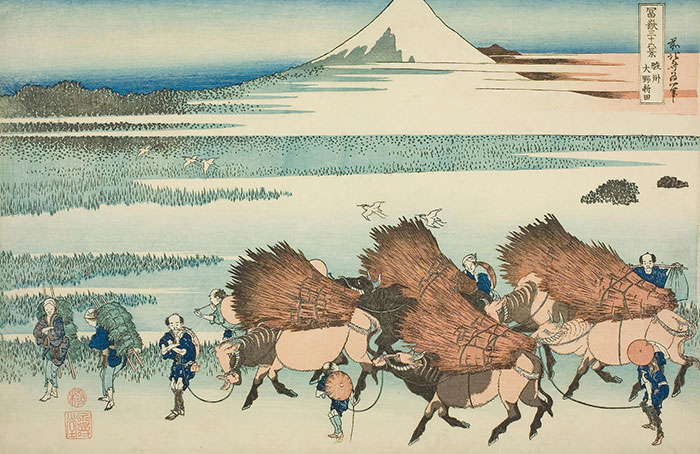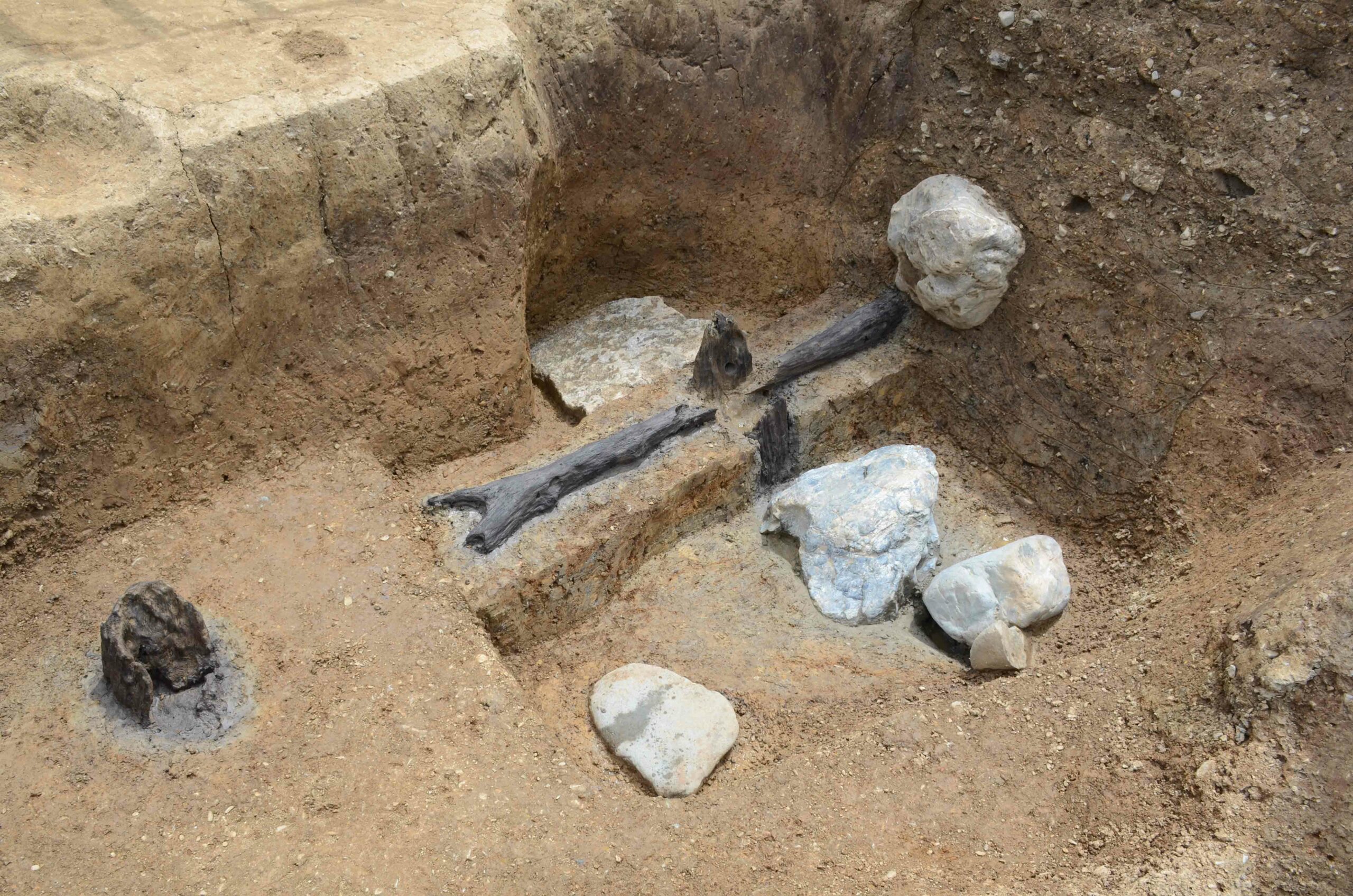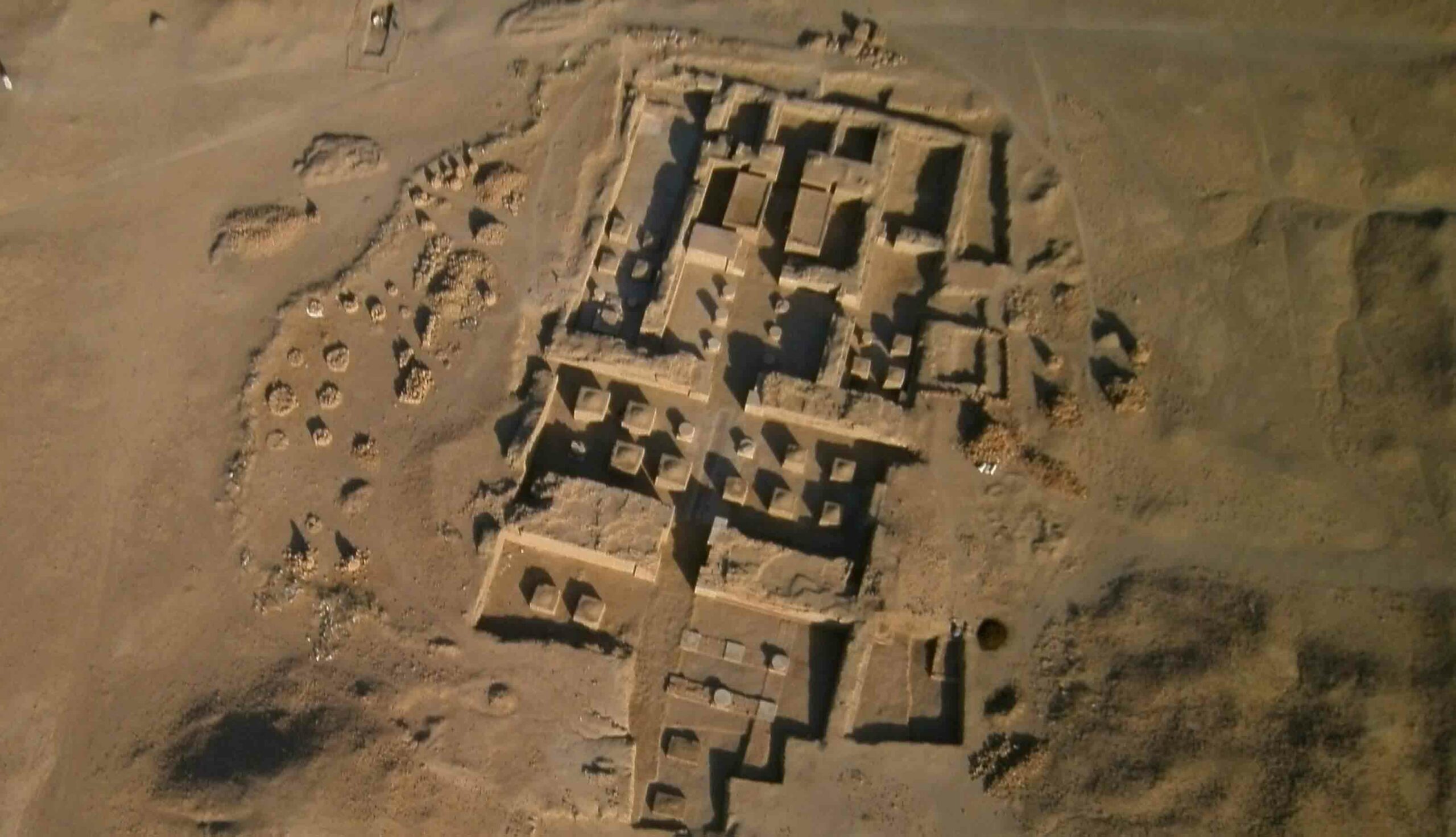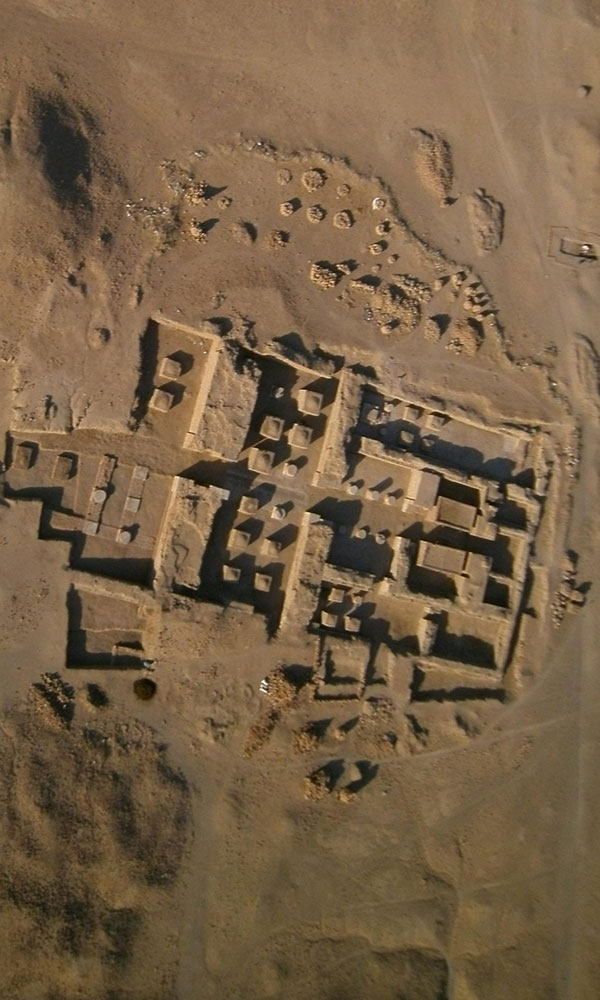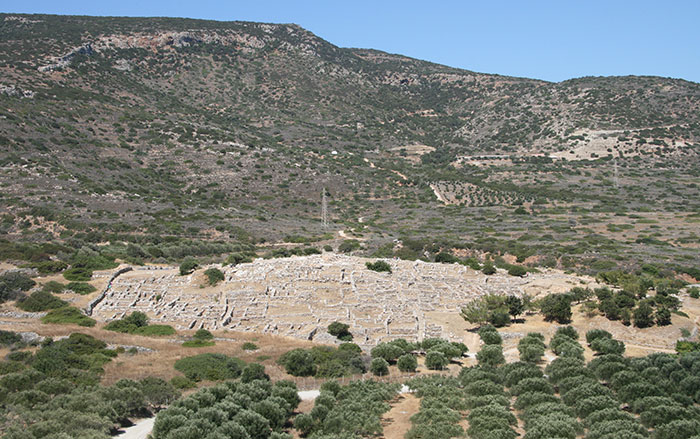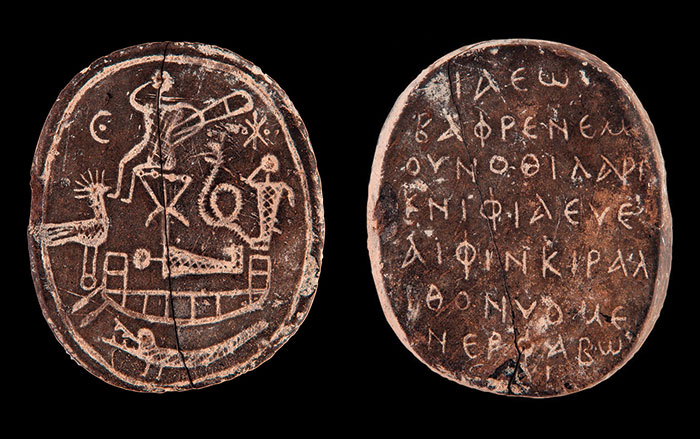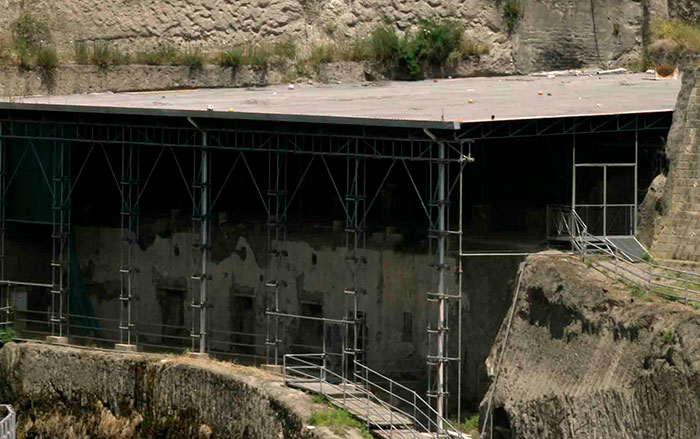
TAKATORI, JAPAN—Kanekatsu Inokuma of Kyoto Tachibana University has uncovered an “o-kabe,” or large-wall structure dating to the late fifth century A.D. The building was constructed using a method from the Korean Peninsula, and may have been part of a Korean settlement where immigrants who served the Japanese Emperor Yuryaku lived. “I believe the structure served as part of a settlement of foreigners, who settled in Japan and introduced document administration and foreign policy” Inokuma told The Asahi Shimbun. This is one of the largest such structures in Japan. Its walls were made from poles set in ditches, covered in mud, and then painted. The building also had a Korean heating system under its floor. To read more about the legend of the kamikaze wind in Japanese history, go to "Khubilai Khan Fleet."


